
Related
This week is the tenth anniversary of one of the largest uprisings in modern US history, the uprising in Los Angeles sparked by the acquittal of four white police officers who were videotaped beating an African American man, Rodney King.
On April 29, 1992, an all-white jury acquitted four white police officers in the beating. This despite an explicit videotape of the officers violently hitting, batoning, and kicking King as he lay on the ground.
After the videotape was broadcast, a grand jury indicted all four officers on a number of charges. But after the judge moved the trial to a largely white enclave in conservative suburbia, the jury acquitted the officers of all charges. One hour and fifteen minutes later, people took to the streets in rage and the LA rebellion began. The furious reaction spread to cities across the country.
Ten years ago in LA, 55 people were killed and more than 2,300 were injured. More than 1,100 buildings were damaged or destroyed. Over 13,000 National Guard and federal officers were called in by President George Bush senior. Bush Sr. blamed the “LA riots” on the social welfare programs of the 60s and 70s.
But community leaders in LA say that it was not the acquittal of the white officers alone that sparked the violence. It was a spontaneous combustion fueled by the institutionalized racism of the city and the Los Angeles Police Department, escalating unemployment, and deep poverty. Most of the 10,000 people arrested during the riots were Latino and black young men.
Today on Democracy Now! we are going to look at how Los Angeles has changed in the decade since the uprising.
Guests:
- Michael Zinzun, former member of the Black Panther party and chair of the Coalition Against Police Abuse.
- Charles Kim, head of the Korean American Coalition, a Los Angeles community advocacy organization founded in 1983. He is also co-founder of the Black-Korean Alliance, founded in 1985 and now largely disbanded.
- Samuel Paz, national vice president for the ACLU in Los Angeles. He has been a civil rights lawyer in LA for thirty years, and worked on the Rodney King verdict and the Ramparts scandal.
Related link:
Music:
- Wake Up–Neville Brothers, Yellow Moon (A&M Records CD).

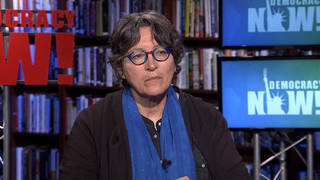
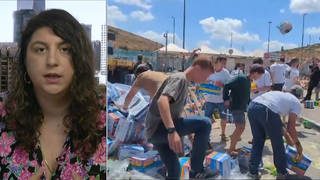
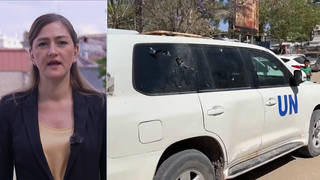
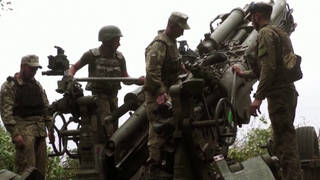
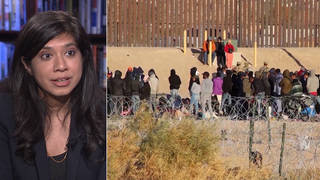




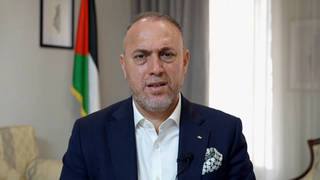
Media Options